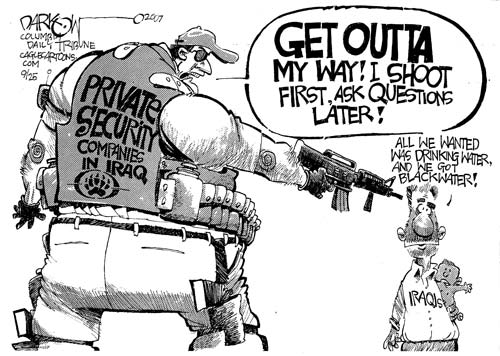Edited by Gillian Palmer
Shinzo Abe Has Transformed the Japan-US Security Treaty into a Military Alliance
The fact that it is a government referendum that sidesteps formal procedures and reinterprets the constitution is one problem, but the main issue is the unforgivable reckless behavior toward the security treaty.
The Japan-U.S. Security Treaty is something that has been recognized since Japan's sovereignty was restored and U.S. troops were stationed in Japan. The occupation forces were supposed to be withdrawn after the restoration of sovereignty; however, U.S. forces remained without a resolution to the occupation. Thus the Japan-U.S. Security Treaty was created to justify the troops remaining in Japan.
Consequently, instead of Japan providing a base for the U.S. soldiers, it has been rather the case that Japan ended up protected by the soldiers stationed in Japan. In an interview on the first of the month, Prime Minister Abe evaluated the Japan-U.S. Security Treaty as a deterrent that for many years has contributed greatly to the peace of the region and said that in the Vietnam War many U.S. sorties were made from Okinawa.
But on the other hand, the crimes committed by U.S. soldiers stationed in Japan are never-ending. While the prime minister's favoritism toward American soldiers may be shocking, consider that if the constitution from the days of the Vietnam War was ignored and the right to collective self-defense had been acknowledged, it may be the case that the Japanese Self-Defense Forces would have been fighting alongside the U.S. military in the Vietnam War.
Prime Minister Abe's decision will dramatically change the Japan-U.S. relationship; the Japan-U.S. Security Treaty will turn into a Japan-U.S. military alliance.
Japan is not the only country being protected by the U.S. military. Thus, Japan should begin to strengthen its military together with the U.S. If Japan can do that, it will contribute to the overall peace within Japan. That's the sort of thought process that Prime Minister Abe is following.
The situation in the East has certainly changed recently. China's hegemony can no longer be ignored, and North Korea is constantly launching missiles. The problem, however, is that no threats exist in Japan's direct vicinity that merit the exercise of the right of collective self-defense. If there's an emergency in the Senkaku Islands, that's a matter of the right to individual self-defense. The same is true of the issues regarding North Korean missiles. None of this involves the right to collective self-defense.
More than anything else, if Prime Minister Abe wants to ease tension and improve Japan's position in the East at the moment, he should exhaust his diplomatic resources first. As things stand, it will be impossible to talk with China or Korea while maintaining a threatening military alliance with the U.S. With things the way they are, it might be impossible to solve the tension around Japan or bring true peace to the region.
Throwing aside diplomatic efforts for military alliances is no way to create understanding between nations.

